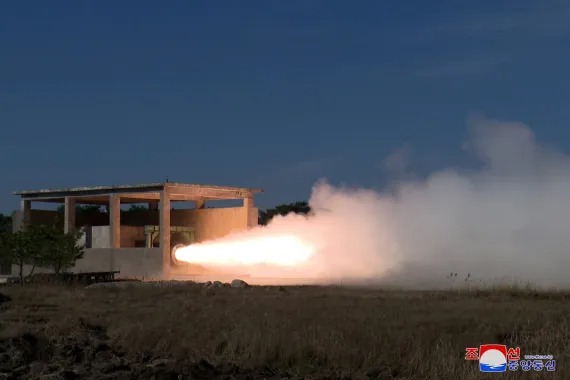Former UK Prime Minister David Cameron has re-entered the political arena as the new Foreign Secretary, igniting speculation about the potential shifts in the United Kingdom’s approach to the Middle East. Against the backdrop of Israel’s conflict in Gaza and heightened pro-Palestinian sentiments, Cameron’s return has raised questions regarding the country’s stance on the region’s complex geopolitical dynamics.
Cameron’s Dual Allegiance: A Balancing Act
Cameron, known for his previous remarks describing Gaza as a “prison camp” and advocating a two-state solution, now finds himself in a delicate balancing act. Despite his past criticism of Israel’s actions, his recent expression of unwavering support during the ongoing conflict has highlighted the complexity of his stance. This shift in allegiance has left many wondering about the potential impact on UK policies concerning the Middle East.
Cameron’s Appointment and Party Unity
The appointment of Cameron as the Foreign Secretary comes amid internal political dynamics within the Conservative Party. With Prime Minister Rishi Sunak’s strategic decision to replace Home Secretary Suella Braverman, who faced controversy over her remarks on pro-Palestinian protests, Cameron’s return is seen as an effort to mend internal divisions. Analysts believe that Cameron’s strong ties with key Middle Eastern players, notably Saudi Arabia, played a pivotal role in his political resurgence.
From ‘Prison Camp’ to Pro-Israel: Cameron’s Evolving Views
During his tenure as Prime Minister, Cameron criticized Israel’s “illegal” settlements and the Gaza blockade, emphasizing that Gaza should not remain a “prison camp.” However, his actions, such as rejecting calls to re-examine arms export licenses to Israel during the 2014 conflict, have earned him the title of the most pro-Israeli British Prime Minister by some. The apparent evolution of his views raises questions about the consistency of UK policy towards the Middle East under his leadership.
It’s evident that Cameron’s return to politics carries significant implications for the UK’s role in the Middle East. While some anticipate a more conciliatory tone, concerns linger about the potential alignment with pro-Israel voices and the framing of groups like Hamas in the context of wider regional challenges.
As the UK navigates its stance in the Middle East under Cameron’s renewed leadership, the evolving dynamics and the delicate balance between conflicting interests demand close scrutiny. Cameron’s history of military intervention in the region, coupled with his diplomatic ties, positions him as a key player in shaping the UK’s response to the ongoing crises. The consequences of this political resurrection extend beyond national borders, influencing the delicate equilibrium of power in the turbulent Middle East.
















